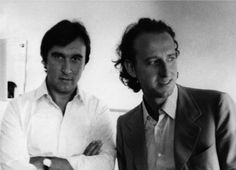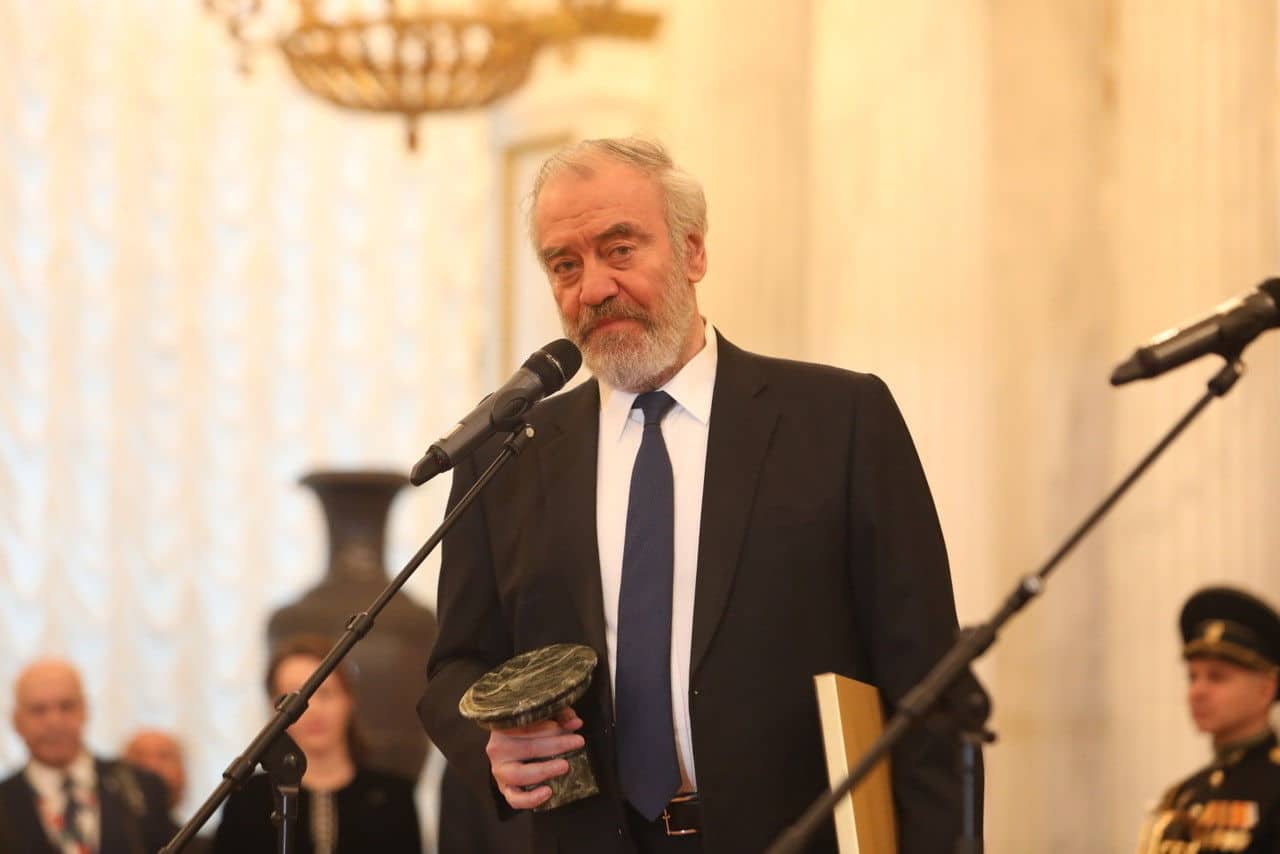The day Pollini totally lost it
OrchestrasMarlboro Administrator Frank Salomon has asked the pianist Walter Ponce to share his reminiscences of a seminal 1969 performance of Messaien’s Quartet for the End of Time, a work that launched the Tashi ensemble, and much else.
Walter writes:
My experience with the Messiaen Quartet for the End of Time was both wonderful and unforgettable. I remember clearly that when I first saw my name on the board with the Messiaen assignment, I thought it was a prank —I had never played Messiaen before. I asked Endel Kalam — who was in charge of scheduling — if this was for real and why was my name there. His answer was something to the effect that Peter Serkin had suggested to his father that this quartet be performed at Marlboro. If I remember correctly, Rudolf Serkin did not know this work at all.
Rudolf Serkin then asked Felix Galimir to get three young guys to work with him on this unknown work. Felix then chose Richard Stoltzman, Nick Rosen and I. (Whether there was consultation with Mr. Serkin I do not know). None of us were happy with this unrequested assignment. I started practicing and discovered the great solos. At the first rehearsal, after we played the first (and a little weird) movement, there were grumblings like “why do we have to play this!” I asked the cellist to read with me the cello solo and suddenly our attitude started changing dramatically. I then asked Felix to read the last movement — the violin solo. We then realized that we were discovering an extraordinarily beautiful work.
The performance of this quartet was for me the most memorable, the best, the most rewarding chamber music performance I have been involved in my entire life (and I have played hundreds of chamber music performances). In general, chamber music rehearsals/performances can often be unpleasant, especially in famous works that everybody loves, because everyone has strong but different interpretative ideas. For some, musical compromise is difficult, creating tension and occasionally bitter fighting…
One more anecdote about the day of the Messiaen Quartet performance. I was practicing for the performance when an Italian guy came to my room and asked me to leave because “Mr. Serkin told me to practice here.” I told him that I had signed up for this room and that I have a performance that night. For about 20 minutes he yelled, screamed, and insulted me in Italian and tried to kick me out again and again but I would not budge. Eventually he left furiously, cursing me.
As soon as the Messiaen Quartet performance ended, he was the first to come backstage with tears in his eyes and proceeded to apologize profusely because he had made a mistake — he had gone to the wrong practice room. He apologized in English, Italian and Spanish, and told me that he was deeply moved by this performance. He loved it. He hugged me, he kissed me. His name was Maurizio Pollini and from that day on we became friends. A few days later he invited me to hear him play Schubert’s Wonderer Fantasy at the dining room — which he was just learning. What a privilege! About 25 years later we had the same manager (CAMI/Wilford) and I went to hear him play the Schubert at Carnegie Hall.

Abbado with Pollini





Pollini story makes little sense – by 1973 he was very famous –
A DG artist etc. and Walter Ponce is who?
the text says 1969
This incident was in 1969, so what’s your point?
This wasn’t in 1973, it was 1969. Marlboro performance on July 16, and Pollini was at Meadow Brook Festival a few days later for his July 19-20 appearances. Seems quite plausible that he stopped in on his way (Serkin would certainly have known of him), wanted a spot to practice, and might not have been completely familiar with the practice facilities.
Besides, at worst, se non è vero, è molto ben trovato.
It is true that Pollini has/had a violent temper. John Drummond relates in his autobiography that Pollini demanded at the last moment six seats for a concert at the Edinburgh Festival and became furious when Drummond was only able to provide four, including his own.
Ah, memories! The Marlboro archives list Ponce’s attendance for 1968-9, and the Quartour performance for July 16, 1969. If Pollini was there, he’s not listed, as he apparently did not perform in any public concerts.
Dio mio, quelle histoire.
I realy like this photo.
Dream team.
My times have changed. In 1969 this was considered a difficult work to both understand and perform. And by these great legends of music.
These days, it’s on graduation recitals for undergraduate students and can be put together rather quickly by those who are talented and understand motivic development and Messiaen’s harmonic language.
It’s a true work of genius. And I, for one, am happy that it has made its way into the canon of great chamber music.
Is Frank Salomon a descendant of the Johann Peter Salomon, the impresario who organized Haydn’s visits to England?